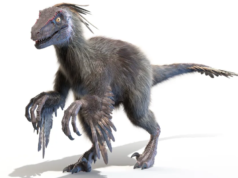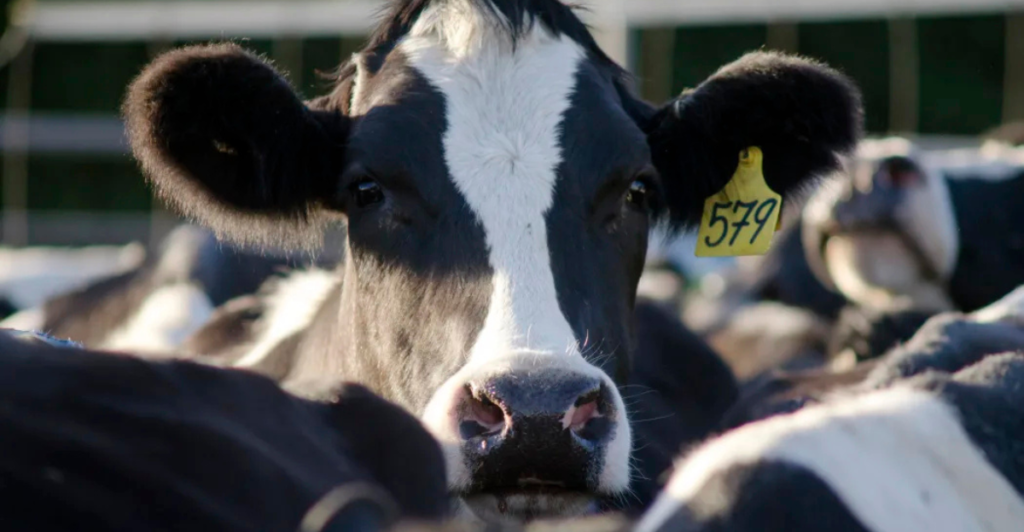
For over a decade, environmental groups and green activists rallied against the cattle industry, citing methane emissions as a major contributor to climate change. The so-called “War on Cows” garnered widespread attention, with activists demanding a shift away from meat production, accusing cattle of playing a significant role in environmental destruction. However, a breakthrough in agricultural science has turned the tide in this ongoing debate, and many now claim that the war has come to an end, with environmental extremists on the losing side. In a surprising victory for farmers and livestock producers, the focus has shifted from condemning cows altogether to finding sustainable solutions that address concerns over methane emissions without sacrificing the livestock industry. At the forefront of this new strategy is Hilda, a cow from Dumfries, Scotland, who has become a symbol of hope for both cattle ranchers and environmentalists.
Hilda: The Cow That Could Save the Planet
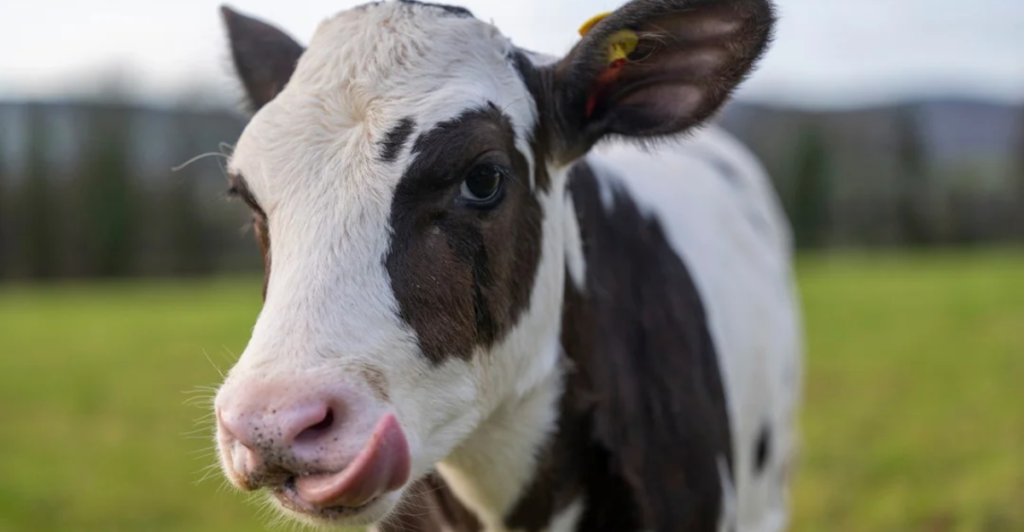
Hilda is no ordinary cow. Bred specifically to emit less methane, she has become the poster child for a new breed of livestock that could revolutionize farming practices. Scientists at the University of Edinburgh have been working for years to breed cows that produce lower levels of methane—a potent greenhouse gas released through cow burps. Hilda, with her special genetic makeup, represents a major step forward in this effort. “Her reduced methane emissions are a result of selective breeding, aimed at reducing the environmental impact of cattle,” explains Dr. Fiona MacLeod, one of the lead researchers involved in the project. “By identifying genetic traits that contribute to lower methane production, we have taken a significant leap toward mitigating the environmental impact of livestock farming.”
Thank You Hilda
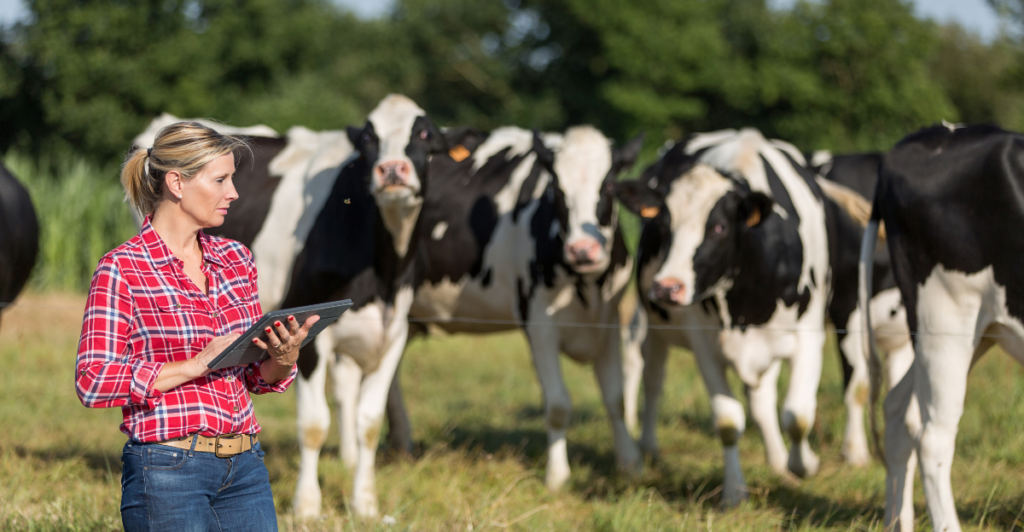
Hilda’s birth marked a milestone in the battle against climate change, offering a tangible solution to one of the most contentious issues surrounding animal agriculture. As a result, farmers like Janet Hughes, Hilda’s owner, are hopeful that the new breed of cows can pave the way for a more sustainable future in farming.
Environmentalists’ Shift in Focus

For years, green extremists advocated for a plant-based future, where animal agriculture would be phased out in favor of alternative food sources. Their argument centered around the idea that the livestock industry was a primary contributor to climate change, with methane emissions being one of the key factors. However, as the science evolved and solutions like Hilda emerged, the conversation began to shift. “Rather than asking people to give up meat entirely, we are seeing a growing recognition that technology and breeding can help reduce the impact of livestock farming,” says Emma Davidson, a climate policy analyst. “The push for completely eliminating animal agriculture is being replaced with a more pragmatic approach: reducing emissions through innovation.” The success of breeding cows like Hilda challenges the extreme environmentalist stance that has dominated much of the discourse in recent years. By finding ways to make livestock farming more environmentally friendly, the emphasis is now on sustainability rather than elimination.
The Power of Innovation in Agriculture
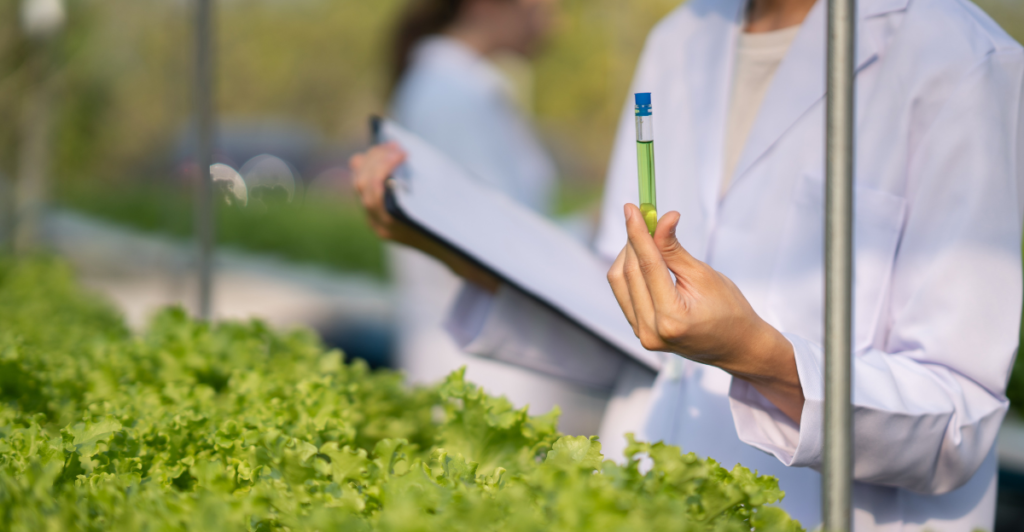
The agricultural industry has long been a target for environmental activists, who have criticized traditional farming practices for their impact on the planet. However, the rise of innovative technologies and breeding techniques is starting to change the narrative. The introduction of cows like Hilda, who emit significantly less methane than their counterparts, highlights the power of genetic research in creating more sustainable farming practices. Other innovations in agriculture, such as improved feed formulations and better manure management systems, are also helping to mitigate the environmental impact of livestock farming. “Farmers have been the targets of a lot of criticism over the years, but many are now leading the charge in developing sustainable solutions,” says Peter Lockwood, a representative from the National Farmers Union. “We need to recognize the important role that agriculture can play in fighting climate change—it’s not just about reducing emissions, but about creating systems that work in harmony with the environment.”
The Economic Implications of a Changing Industry

The growing acceptance of sustainable farming practices also has significant economic implications for the livestock industry. By reducing methane emissions and adopting new technologies, farmers may find that they can meet the demands of a more environmentally conscious consumer base without sacrificing their livelihoods. “Many consumers are now looking for sustainably raised products, and farmers are eager to meet that demand,” says Lockwood. “Cows like Hilda represent an exciting opportunity for farmers to position themselves as part of the solution to climate change, rather than being vilified as part of the problem.” The rise of sustainably bred cattle also offers a potential economic boon for livestock farmers. As climate-conscious consumers increasingly turn to ethically produced meat and dairy products, the market for sustainably raised livestock is likely to expand, benefiting farmers who invest in innovative breeding programs and sustainable farming practices.
The Role of Government Policy in Shaping the Future

While the emergence of cows like Hilda represents a victory for the agricultural community, it is also the result of years of collaboration between scientists, farmers, and policymakers. Government support for agricultural innovation has played a crucial role in facilitating research and development in this area.
Sustainability Worldwide
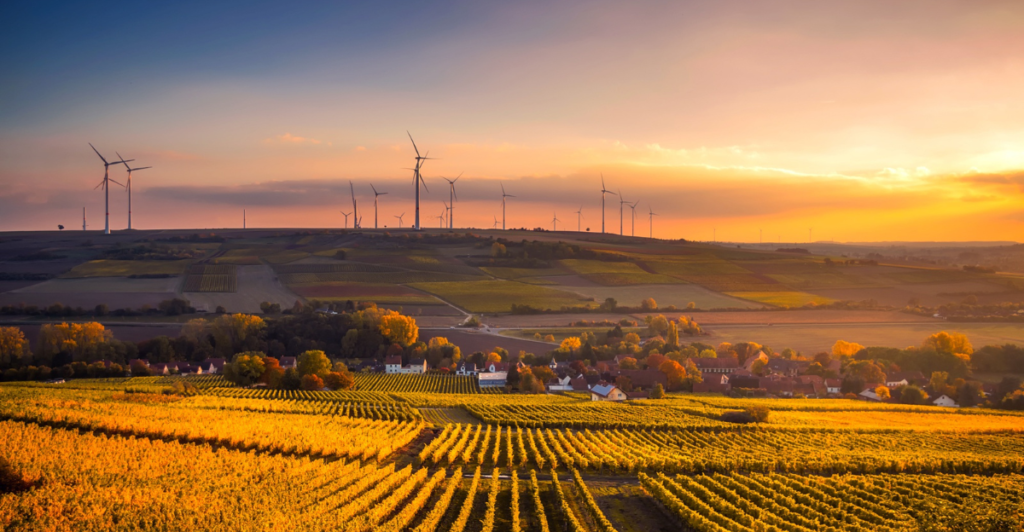
In the United Kingdom, where the war on cows gained significant traction, the government has invested heavily in research into sustainable farming practices. The Department for Environment, Food & Rural Affairs (DEFRA) has provided funding for projects aimed at reducing the carbon footprint of livestock farming, including studies on methane-reducing technologies and breeding programs. “Government support for these types of initiatives is crucial for ensuring that farmers have the resources they need to adopt sustainable practices,” says MacLeod. “It’s not just about the science; it’s about creating an environment where innovation can thrive.”
The Impact on the Meat Industry
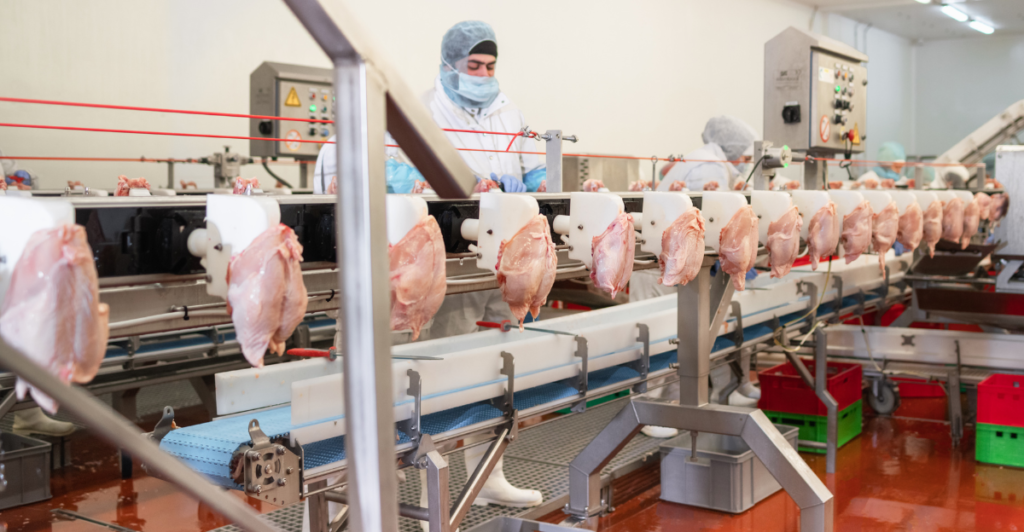
The meat industry, which has long been a target of environmental criticism, is also beginning to see the benefits of sustainable farming practices. As consumers become more aware of the environmental impact of their food choices, meat producers are increasingly prioritizing sustainability in their operations.
Meat Or Vegetarian?
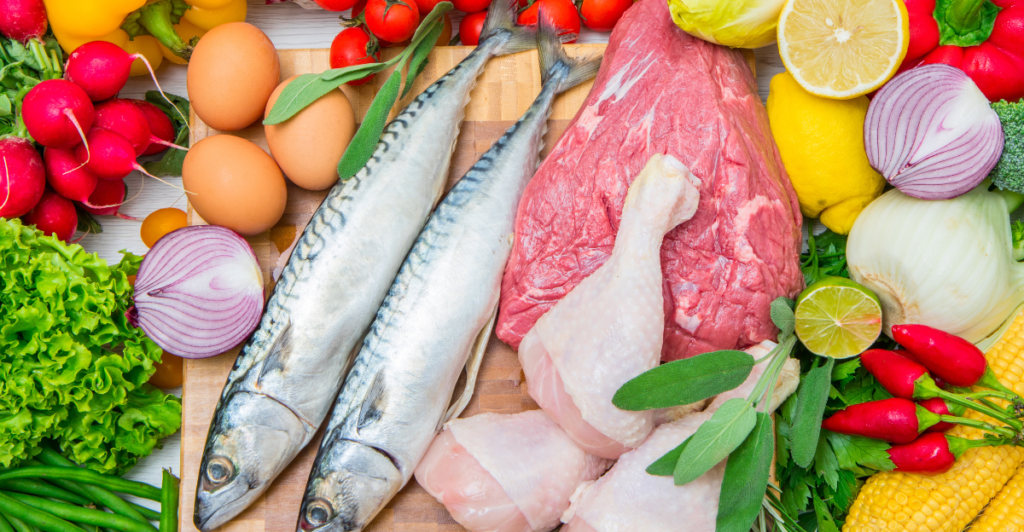
Many major meat producers have already begun to invest in methane-reducing technologies, including the use of feed additives that help cows digest their food more efficiently, thus producing less methane. The shift toward sustainable meat production is being driven by both consumer demand and the growing recognition that climate change requires urgent action across all sectors. “We are seeing a change in the way consumers view meat,” says David Thompson, a spokesperson for a major meat supplier. “There is a growing market for sustainably produced meat, and that’s why we are investing in these technologies. It’s about giving consumers what they want, while also contributing to the fight against climate change.”
Challenges Ahead: Can We Do Enough?
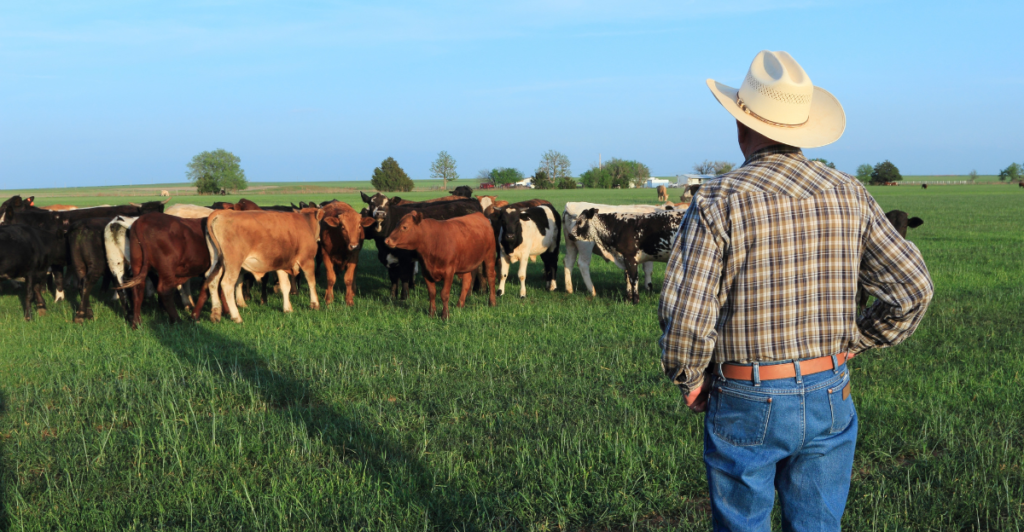
While the emergence of Hilda and other methane-reducing cows represents a significant step forward, there are still challenges ahead. The scale of the problem—particularly in countries with large livestock industries—means that more widespread adoption of sustainable farming practices will be needed to make a real impact. “One cow can only do so much,” says MacLeod. “We need to scale up these practices across the industry to make a significant dent in methane emissions. But the fact that it is possible to breed cows that emit less methane gives us hope that we can address this issue on a larger scale.”
The Changing Attitudes Toward Livestock Farming
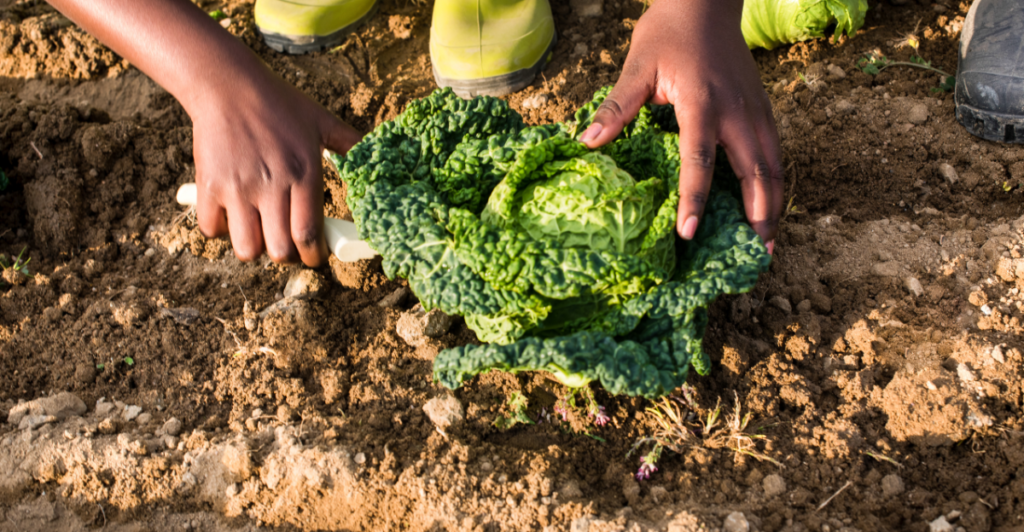
The end of the “War on Cows” is a reflection of changing attitudes toward livestock farming. Once vilified as a major contributor to climate change, the cattle industry is now being recognized for its potential to help solve environmental problems. Through innovations in breeding, feed management, and technology, the livestock sector is moving toward a more sustainable future. “Farmers are no longer seen as the enemy,” says Hughes, Hilda’s owner. “We have the tools to make a positive impact on the environment, and we’re committed to doing so. It’s time for people to see the bigger picture and recognize that sustainable agriculture is the way forward.”
A Sustainable Future for Cattle and the Planet
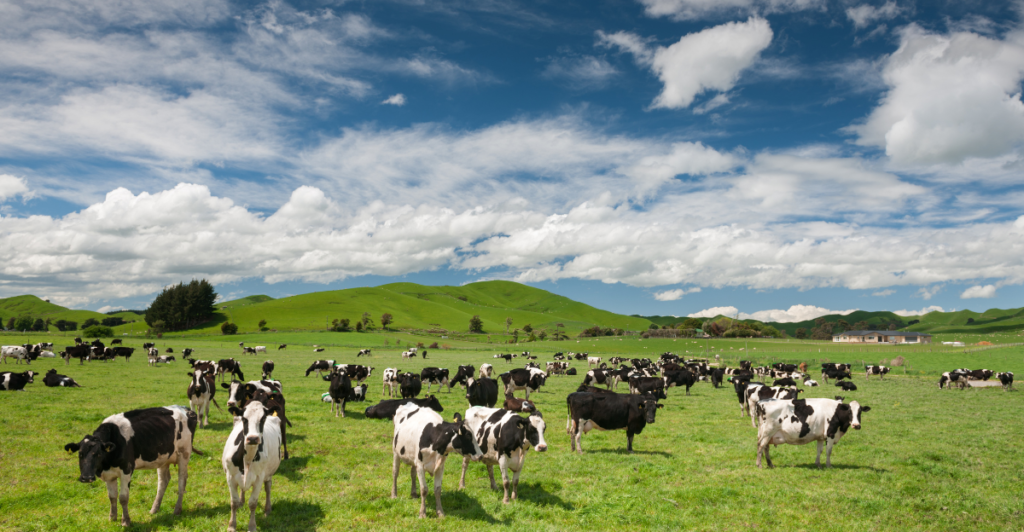
The story of Hilda the cow and the broader shift toward sustainable livestock farming offers hope for a future where cattle and the environment can coexist. While the war on cows may be over, the battle for a sustainable agricultural system is far from finished. As more farmers embrace innovative practices and consumers demand more environmentally responsible products, the future of livestock farming is brighter than ever. The next chapter in this ongoing story will be written by those who embrace technology, sustainability, and the desire to create a better world for future generations. In the end, it is clear: green extremists may have lost this battle, but the real winner is a world that embraces innovation and sustainability. And cows like Hilda are leading the charge.
Discover more of our trending stories and follow us to keep them appearing in your feed
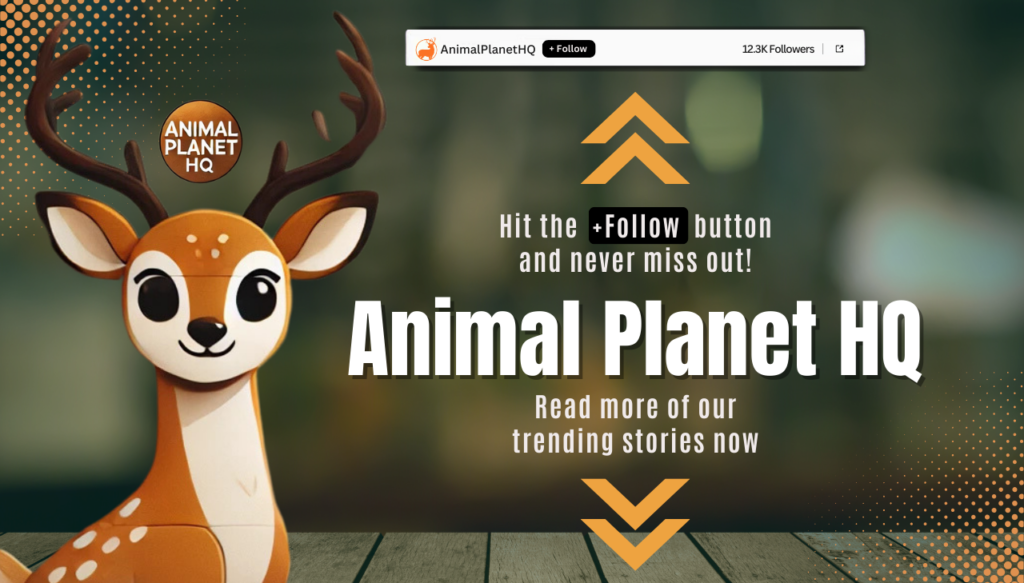
Meet the Massive Crocodiles That Make Their Homes 40 Feet Underground
Cows or Wolves? How the Wolf Reintroduction Pissed Off Colorado Farmers
Farm Animals Worth More Than a Luxury Car
12 Purebred Farm Animals Everyone’s After
Stay connected with us for more stories like this! Follow us to get the latest updates or hit the Follow button at the top of this article, and let us know what you think by leaving your feedback below. We’d love to hear from you!



